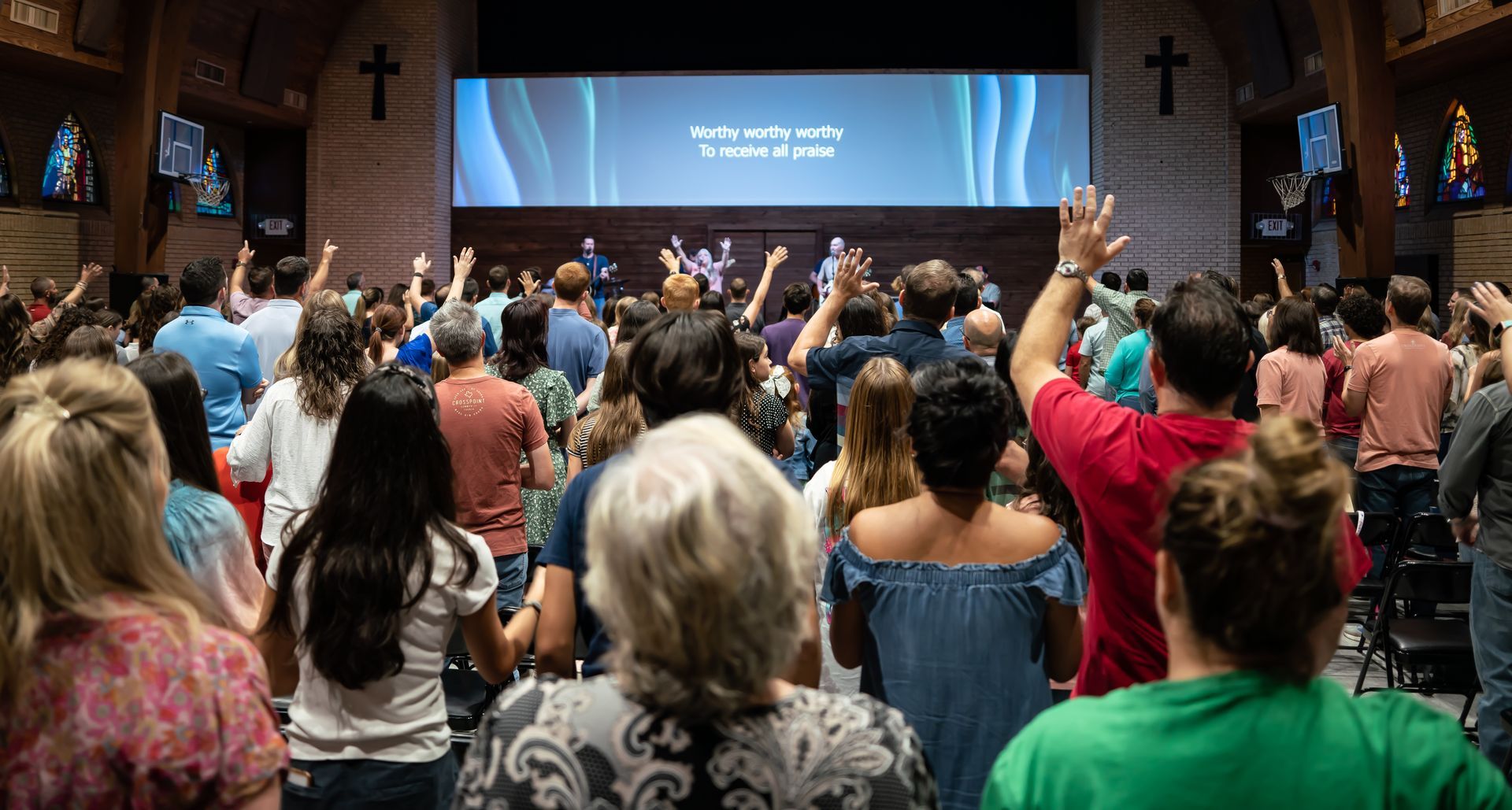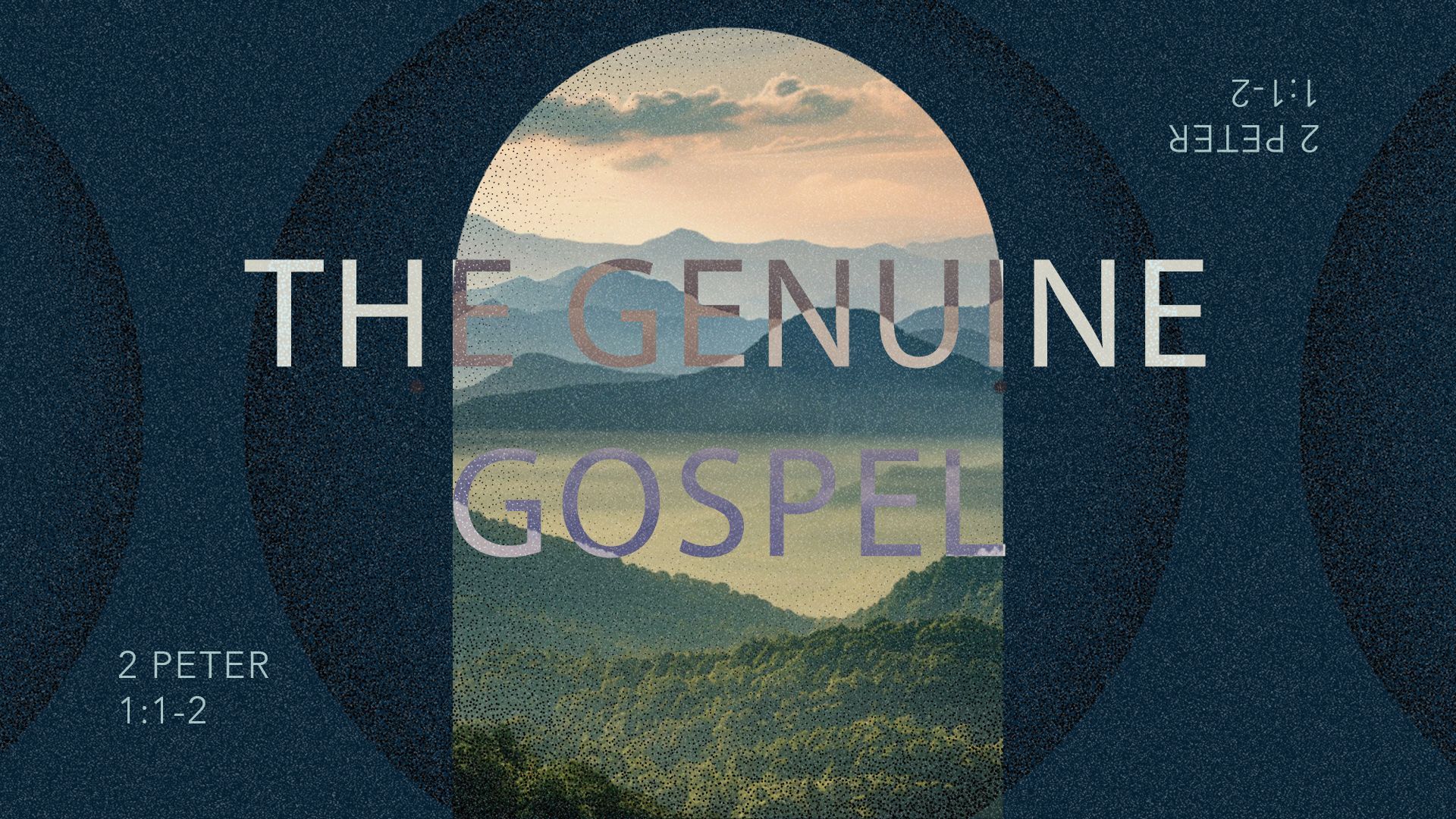Ending Ecclesiastes

We could all agree Ecclesiastes has been one of the more challenging books we’ve tackled as a church body. And that’s not because it was presented in a muddled or even highly emotional way—our elders have been remarkably blameless and compassionate in their preparation, delivery, and post-sermon follow ups. It’s been hard because of the tension it has created between vapor and substance; the now and what’s to come; how to handle life’s beginning as well as its ending. And when the saints you stand and worship with weekly are faced with real substance in one of these areas, you find yourself weeping or rejoicing with them in a new way. Here are 3 faithful members who have graciously recorded their final takeaway from our study together.
Wrestling to reconcile his experience with his theology, the Teacher repeatedly offers two conclusions: (1) Man-centered wisdom cannot find life’s meaning—it’s fleeting, (2) In the face of life’s unanswered questions, we should keep God’s commands and enjoy His good gifts. The Teacher’s first point rings true to life, so I have been meditating on the second idea. At times, I am so focused on understanding God’s Word and obeying His commands that I neglect to enjoy the Giver and His good gifts. But just as my obedience demonstrates my love for God, so does my enjoyment of Him. And if I am not enjoying Him, what does that say about the closeness of our relationship?
—Brian Gault
The phrase, “Everything is meaningless.”, doesn’t sit well with most people. It makes us uncomfortable. As we walked through the book of Ecclesiastes, it was easy to get discouraged or become fatalistic. Yet, at the end of every message there was the reminder of Christ and His sacrifice. As I took the Supper each week, there was a deep sense of hope. The Gospel reminds me that there is hope in the futility of daily living. This world isn’t the end. Through Christ, there is hope in what’s to come.
I found comfort in Ecclesiastes 3:11, “He [God] has made everything beautiful in its time. He has also put eternity in [our] hearts.” The moment that this painful life is over, it will be put away in favor of what is eternal and beautiful. When we “fear God and keep His commandments,” we are banking on what’s to come. We believe that God is a promise keeper. We are holding our good Father to keep His Word. And He will.
C.S. Lewis said, “If I find in myself desires which nothing in this world can satisfy, the only logical explanation is that I was made for another world.” (Mere Christianity) The deep longing for meaning, the hope for purpose is seated deep within us because God created us that way. He wants us to seek Him and find Him, and find purpose only in Him. Everything else is meaningless.
—Stan Britton
Ecclesiastes is God’s gift of divine perspective to His people. Rather than a sigh of resignation to the meaninglessness of life, it is a proclamation of freedom from fruitless and vain pursuits, to focus on what is of eternal importance. For those in Christ, it is the assurance of God’s sovereignty and justice. It is the ability to enjoy the simple gifts he has given to all people. We are free from the tyranny of our own conceit. Regardless of our accomplishments, wealth, position or lack thereof, we all live in a moment of time and then are forgotten. But God gives us the perspective and blessing of being part of His plan for eternity. There is no greater purpose or encouragement in life than that.
—Steve Hay





